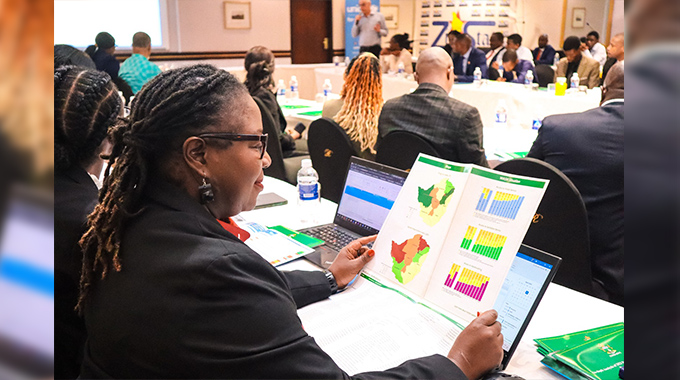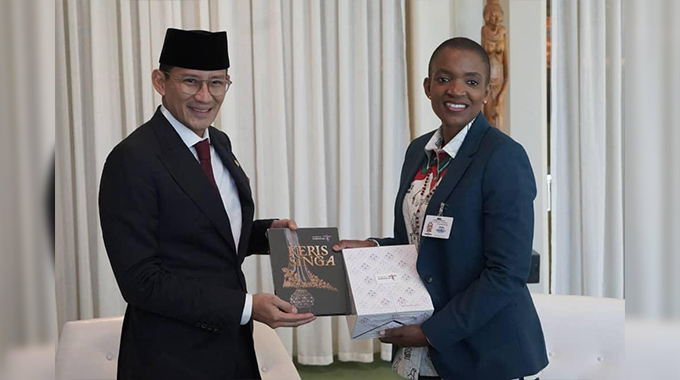Languages, building block towards national unity

Thandeka Moyo-Ndlovu, Senior Reporter
EMBRACING all languages in Zimbabwe could be the greatest building block towards national unity as the country celebrates the 35th anniversary of the Unity Accord which was signed on December 22, 1987.
Academics and linguists yesterday said if everyone is able to express themselves in their mother tongue in the national debate, language could be the greatest vehicle for peace and cohesion in the country.
As the popular song by Black Umfolosi continues to ring in our minds, the call for unity and peace becomes null and void if as a country citizens continue looking down on so-called minority languages.
President Mnangagwa’s “Ilizwe lakhiwa ngabaninilo/Nyika inovakwa nevene vayo” philosophy is a direct call for Zimbabweans to take deliberate steps towards building their country and that includes embracing languages, the official 16 which are recognised by the law of the land.
Zimbabwe has 16 official languages, namely Chewa, Chibarwe, English, Kalanga, Khoisan, Nambya, Ndau, IsiNdebele, Shangani, Xhosa, Sign Language, Sesotho, Tonga, Tswana, Venda and ChiShona adopted in the 2013 Constitution.
The pact was a culmination of two years of painstaking negotiations between 1985 and 1987 between Zanu-PF) and PF-Zapu.
Dr Busani Maseko from the Lupane State University said languages are more than just mere instruments or tools for communication, but were building blocks that foster peace and unity in Zimbabwe.
“Embracing multilingualism is embracing diversity, and that’s what the unity accord is or should be about. We cannot ignore the important role of language in that endeavour. We should not only conceive of the unity accord in simplistic terms of Ndebele and Shona unity but in the broader sense of including every identity, be they ethnic, political or otherwise,” said Dr Maseko.

16 official languages in Zimbabwe
“In linguistically diverse communities such as Zimbabwe which has 16 official languages, language can be a tool for inclusion or exclusion. When one language is preferred and legitimised over others, especially in formal domains that can work against social cohesion by disrupting that sense of oneness. But when linguistic diversity is embraced, that strengthens and fosters a sense of nation among speakers of different languages.”
He said speakers of the so-called majority languages should embrace formerly marginalised languages to foster a sense of belonging and nationhood among speakers of marginalised languages.
“It will increase their participation in development, political, economic and social debates — conversely, if some languages are presented as more legitimate and ‘more Zimbabwean’ than others, that could be discouraging for people who don’t speak that language.
Dr Omphile Marupi said celebrating the signing of the Unity Accord without embracing other languages would be meaningless to the Second Republic’s efforts of rebuilding Zimbabwe.
He said as recently stated by President Mnangagwa, Zimbabwean languages play a major role in national development towards Vision 2030 and beyond.
“People dream in their mother languages and perceive the world better in their languages hence promoting or enhancing all our languages will make us more productive, more loving and goal-oriented as citizens. The Second Republic has gone the extra mile in promoting indigenous languages by incorporating them into the academic space, from early childhood development up to the university level,” said Dr Marupi.
“The Unity that we sing about and celebrate is the reason why the Government has been deliberate in incorporating previously marginalised communities like the San from Tsholotsho into the uniformed forces despite lack of academic qualification so that all of us can enjoy nation-building in an independent Zimbabwe. The unity we all want is a conducive environment where all of us embrace and celebrate all indigenous languages.”










Comments